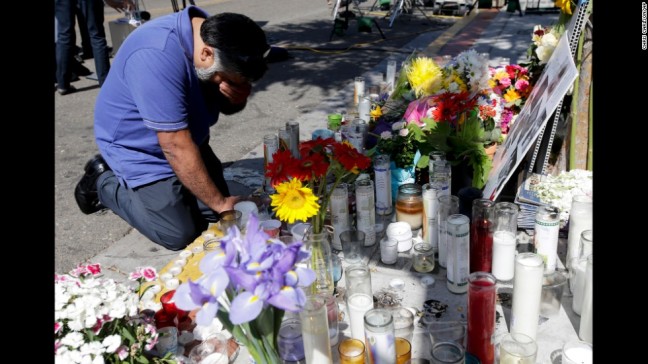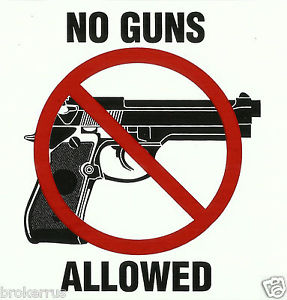
In Michael McGrady’s article “In Colorado, carrying guns on campus is no longer controversial” posted on the website titled “Red Alert Politics” in November 2015, he argues that the majority of students and faculty in Colorado are starting to focus on other pressing issues that effect their daily lives and are caring less about legislation surrounding concealed carrying on college campuses. He provides evidence to this claim by interviewing multiple students and faculty members of college campuses, and reveals that their interests have drastically shifted off of the issue as opposed to how much emphasis was placed on the topic in years prior. McGrady is writing this article as an informative report on the situation surrounding colleges in Colorado, but provides selective interviews that suggest he may be trying to persuade anyone who is anti-carry that the argument is no longer valid. Due to the selective interviews that are very pro-carry and the downplaying of the other side of the argument, McGrady is writing to not only pro-carry individuals to reaffirm their beliefs, but also to anti-carry individuals and trying to convince them that the entire argument is a thing of the past.
I found this article useful due to it’s geographic context that brings this issue home for a reader who attends Colorado State University. This article really articulated the most important point that many pro-gun advocates believe to be true and that is “only good guys follow the laws, bad guys do not.” Throughout McGrady’s interviews with students who attend CU this message was expressed and I believe it to be the most solid, common sense argument for the pro-carry side of the argument. However, red flags immediately popped up in my mind when I saw that he interviewed students from the University of Colorado, a University well known for being a very liberal and anti-gun school, who saw this as a menial issue. This, combined with the article being posted to a website with the title “Red Alert Politics” and having many of the side links that were very conservative in political nature, made me suspect that there was large amounts of bias throughout this article. Although I am not questioning the authenticity of the quotes collected from the individuals that were cited, I question the validity of taking these selected quotes and making an argument that these few individuals represent the ideals of the entire campus. Besides the bias shown, I think that this article was a very good report on
the opinions of college students and faculty members who are pro-concealed carry on college campuses.
McGrady, Michael. “In Colorado, Carrying Guns on Campus Is No Longer Controversial.” Red Alert Politics. Red Alert Politics, 27 Nov. 2015. Web. 16 Feb. 2017. <http://redalertpolitics.com/2015/11/27/colorado-carrying-guns-campus-no-longer-controversial/>.



 Guns on Campus: Overview
Guns on Campus: Overview